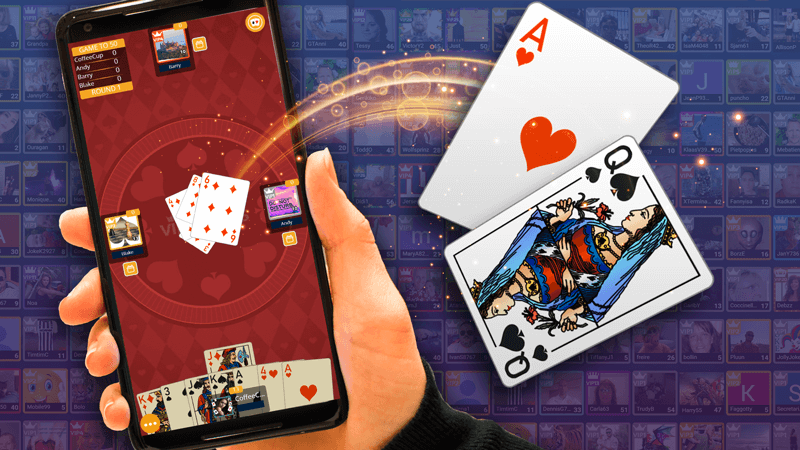Online gaming has transformed from a niche pastime to a global phenomenon, shaping entertainment, social interaction, and even the economy Megaxwin. This evolution reflects broader technological advancements and changes in social behavior, leading to a diverse landscape of gaming experiences.
Historical Context
The roots of online gaming can be traced back to the late 1970s and early 1980s, when early text-based games like MUD (Multi-User Dungeon) allowed players to interact in virtual environments. As internet access expanded in the 1990s, graphical multiplayer games emerged, paving the way for titles like Ultima Online and EverQuest. These games not only introduced the concept of persistent worlds but also fostered online communities where players could collaborate, compete, and build lasting friendships.
The Rise of Massively Multiplayer Online Games (MMOs)
The 2000s saw the rise of massively multiplayer online games (MMOs), with World of Warcraft leading the charge. This game redefined online gaming by introducing a vast, immersive world populated by millions of players. Players could embark on quests, participate in raids, and engage in player-versus-player combat, all while forming guilds and communities. MMOs not only provided entertainment but also established a new social fabric where players interacted, forged alliances, and built identities.
The Mobile Gaming Revolution
The advent of smartphones brought about a seismic shift in gaming. With games like Angry Birds and Candy Crush Saga, mobile gaming became accessible to a broader audience. This democratization of gaming opened the floodgates for casual gamers, allowing people of all ages to enjoy gaming experiences without the need for expensive consoles or PCs. The rise of mobile games also introduced new monetization models, such as in-app purchases and advertisements, reshaping the economics of the industry.
Esports: The Competitive Frontier
In recent years, the emergence of esports has further elevated the status of online gaming. Competitive gaming has transformed from informal tournaments into organized leagues with professional players, teams, and substantial sponsorships. Games like League of Legends, Dota 2, and Counter-Strike: Global Offensive attract millions of viewers and offer multi-million dollar prize pools. This burgeoning industry not only provides entertainment but also presents career opportunities for players, commentators, and content creators.
Social Interaction and Community Building
Online games have become vital social platforms, especially in an increasingly digital world. They enable players to connect across geographical boundaries, fostering friendships and communities. Platforms like Discord and Twitch allow gamers to interact, share experiences, and build networks, creating a sense of belonging. During the COVID-19 pandemic, online games served as lifelines for social interaction, helping individuals cope with isolation and maintain relationships.
Challenges and Controversies
Despite the many benefits of online gaming, challenges and controversies persist. Issues such as cyberbullying, addiction, and the prevalence of toxic behavior can mar the gaming experience. Developers and communities are actively working to address these concerns by implementing reporting systems, promoting positive behavior, and creating resources for players struggling with gaming addiction.
The Future of Online Gaming
Looking ahead, the future of online gaming appears promising. Advancements in technology, such as virtual reality (VR) and augmented reality (AR), promise to create even more immersive experiences. As cloud gaming services gain traction, players will be able to access high-quality games without the need for powerful hardware, further expanding the audience.
Moreover, the integration of artificial intelligence in games will enhance gameplay experiences, providing adaptive challenges and personalized narratives. As gaming technology evolves, it will continue to shape how we play, socialize, and experience virtual worlds.
